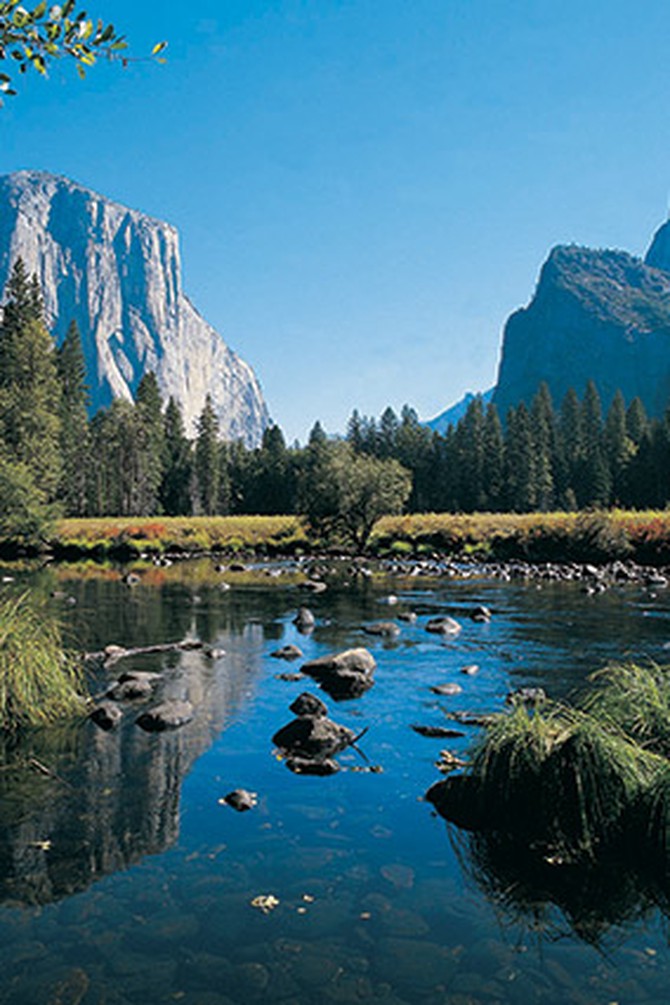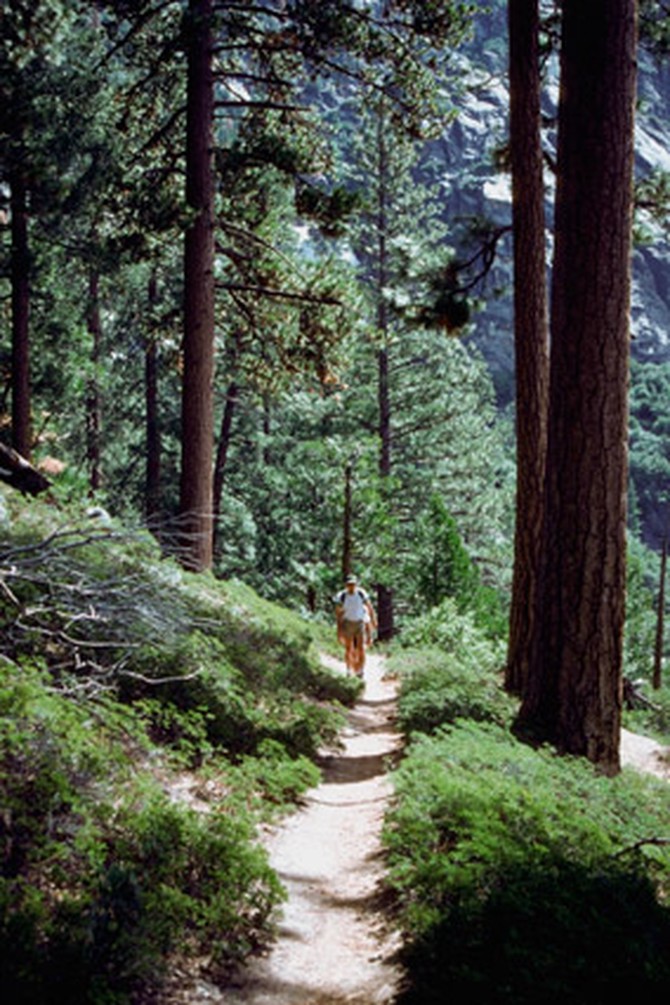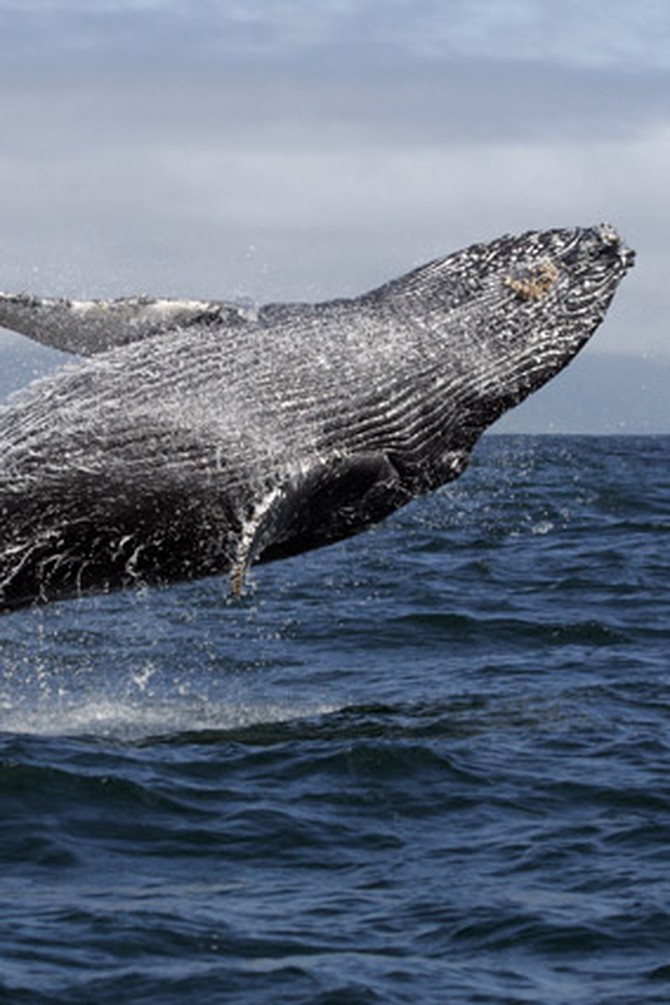3 Ways to Do Good (and Feel Good) on Your Next Vacation
Your feeling-good-while-doing-good getaway guide.
By Margaret Rhodes

Photo: Thinkstock
Any vacation off the beaten path can be invigorating, but an eco-tourism volunteer trip adds a layer of beauty and purpose. Participants trade work—rebuilding hiking trails, tracking sea turtles—for a natural landscape, a community of like-minded travelers, and the satisfaction of helping the planet. The best eco-tourism trips start with an honest inventory: how much time and money you can spend, what impact you hope to have, and whether you like sleeping under the stars or under 400-thread-count sheets. "Knowing yourself is key to designing a meaningful trip," says Doug Cutchins, coauthor of Volunteer Vacations. Here are six ideas to consider if you love...

Photo: Thinkstock
...Animals
Pack Your Bag: There's more to the Grand Canyon than breathtaking rock formations. Volunteers with the Grand Canyon Trust spend their days on the Colorado Plateau, documenting beaver activity or reseeding native grasses and shrubs to restore deer habitat that's been overtaken by weeds.
Time Commitment: six days or less
Cost: free, including meals
Quick Trip: The National Audubon Society cohosts daylong projects—working in a nature sanctuary in Oregon or restoring bird habitats in Texas.
Time Commitment: six days or less
Cost: free, including meals
Quick Trip: The National Audubon Society cohosts daylong projects—working in a nature sanctuary in Oregon or restoring bird habitats in Texas.

Photo: Thinkstock
...Nature Trails
Pack Your Bag: Every year Sierra Club volunteers donate 25,000 hours to help preserve hiking trails for future travelers. Projects range from rooting out invasive plants in California's Yosemite Valley to rebuilding trails in Kentucky's Mammoth Cave. Family programs mean preservationists as young as 5 can get their hands dirty for a greater cause.
Time Commitment: typically one week
Cost: $315 to $1,975, including meals and lodging
Quick Trip: The Appalachian Mountain Club and the Tahoe Rim Trail Association offer weekend trail repair projects.
Time Commitment: typically one week
Cost: $315 to $1,975, including meals and lodging
Quick Trip: The Appalachian Mountain Club and the Tahoe Rim Trail Association offer weekend trail repair projects.

Photo: Thinkstock
...The Water
Pack Your Bag: Earthwatch volunteers set sail during blue whale and humpback whale migrations to record animal behavior. Or they paddle along the New Jersey shore to study the hatching patterns of terrapins. Data collected helps scientists determine how urban development affects marine animals.
Time Commitment: typically 6 to 16 days
Cost: $995 to $5,595, including meals and lodging
Quick Trip: Fish hatcheries and marine wildlife refuges across the country are underfunded and open to volunteers. To choose a location, consult Ecotourists Save the World, coauthored by the National Wildlife Federation.
Next: 6 ways any traveler can make a difference
Time Commitment: typically 6 to 16 days
Cost: $995 to $5,595, including meals and lodging
Quick Trip: Fish hatcheries and marine wildlife refuges across the country are underfunded and open to volunteers. To choose a location, consult Ecotourists Save the World, coauthored by the National Wildlife Federation.
Next: 6 ways any traveler can make a difference
From the August 2012 issue of O, The Oprah Magazine

